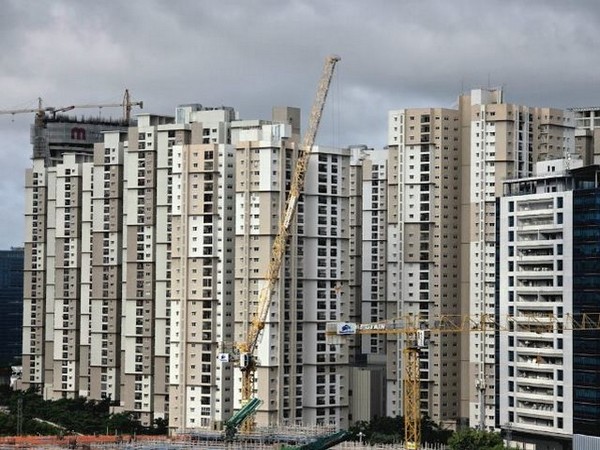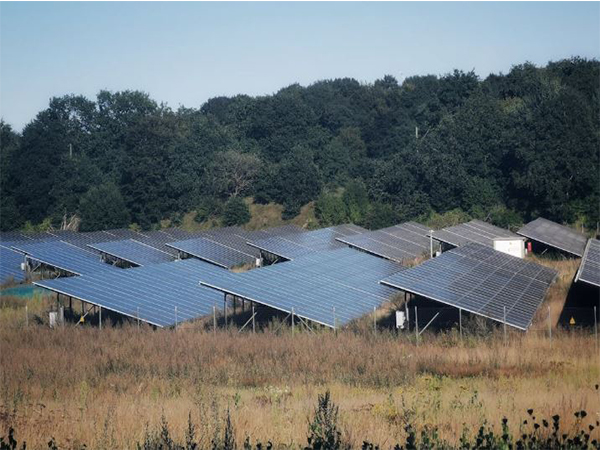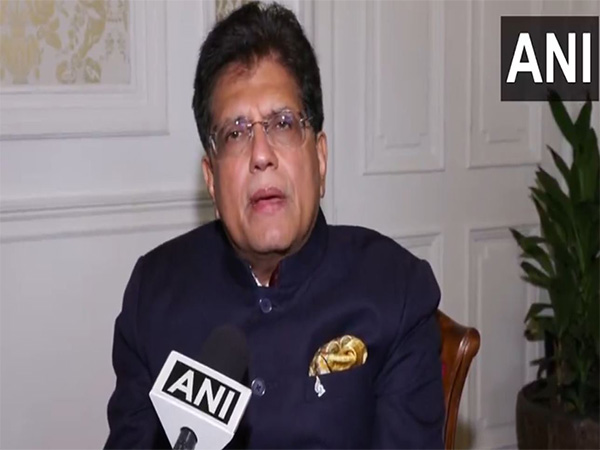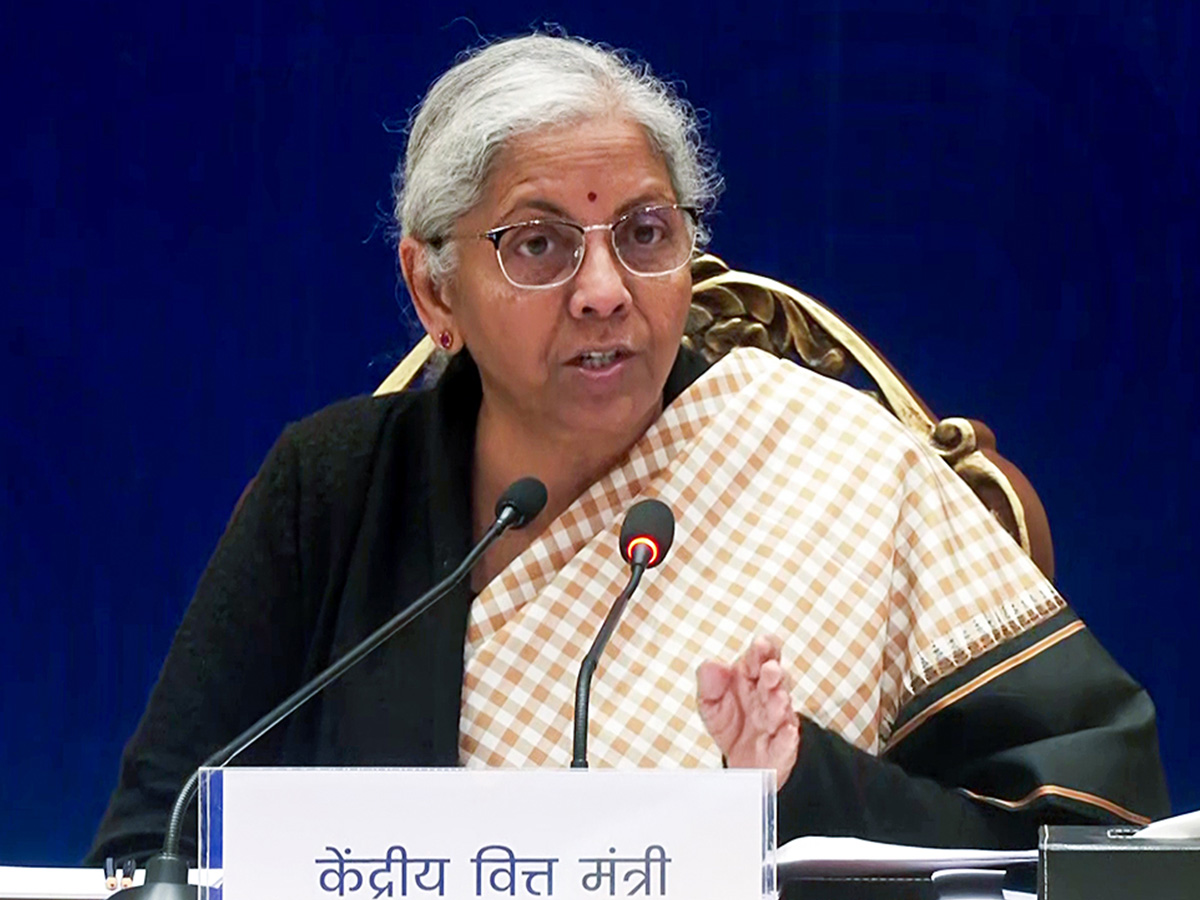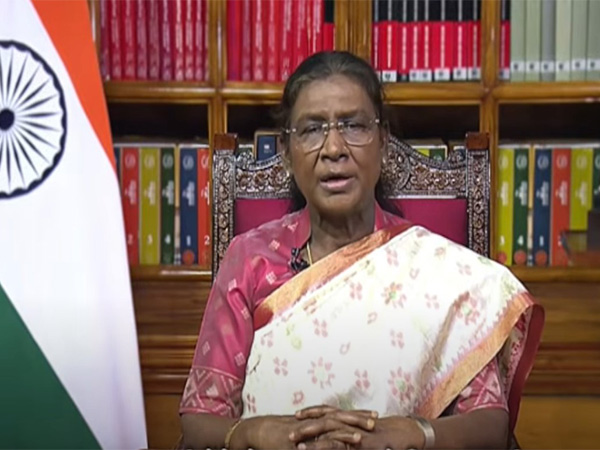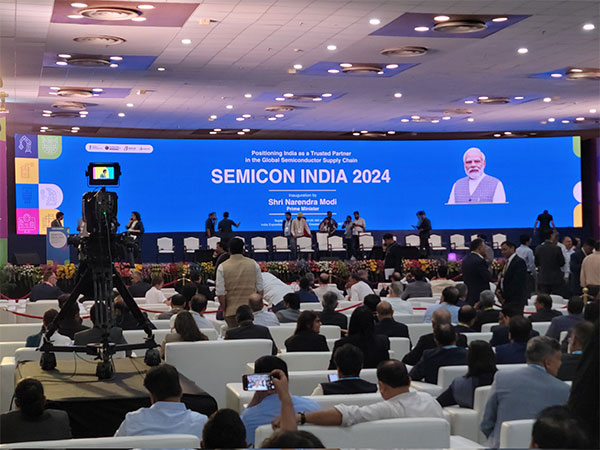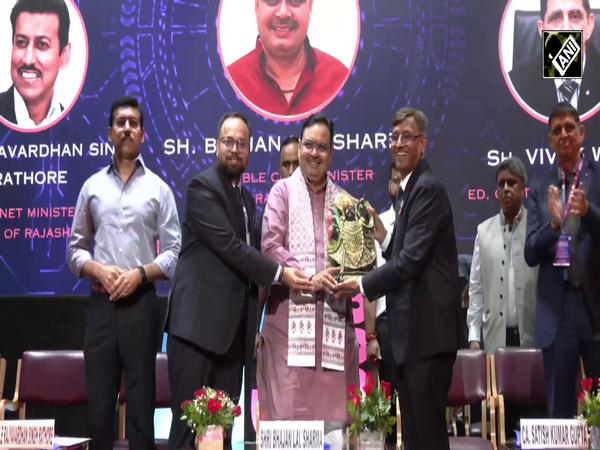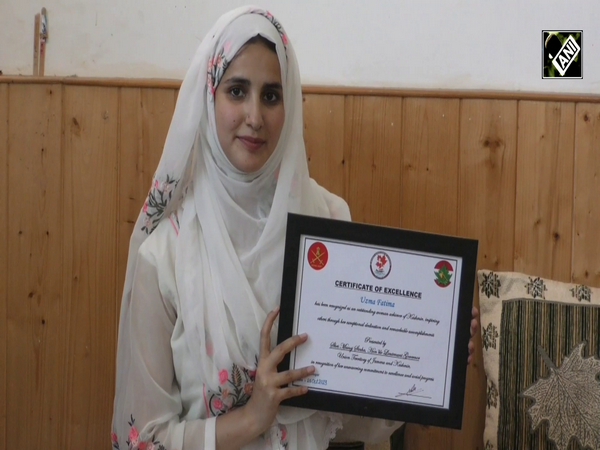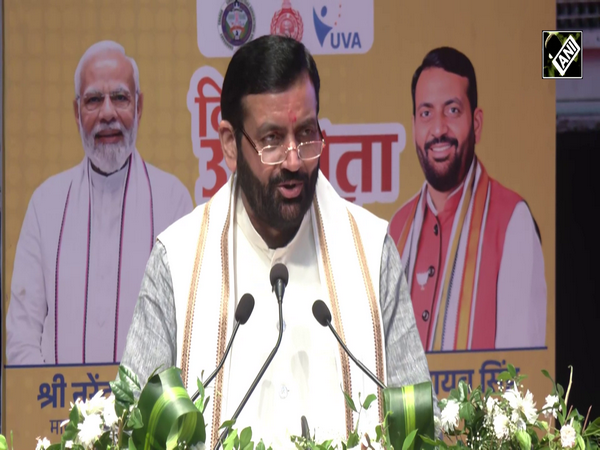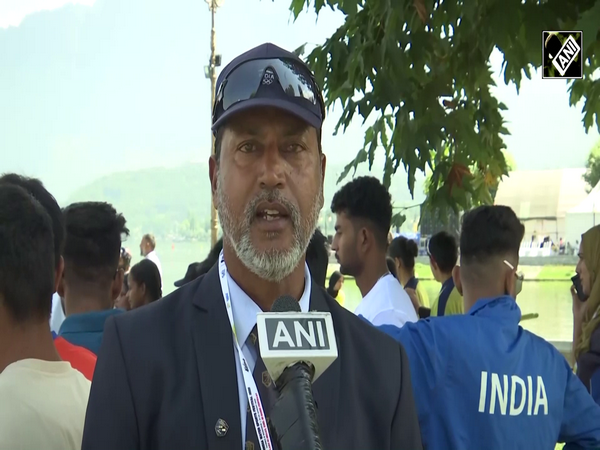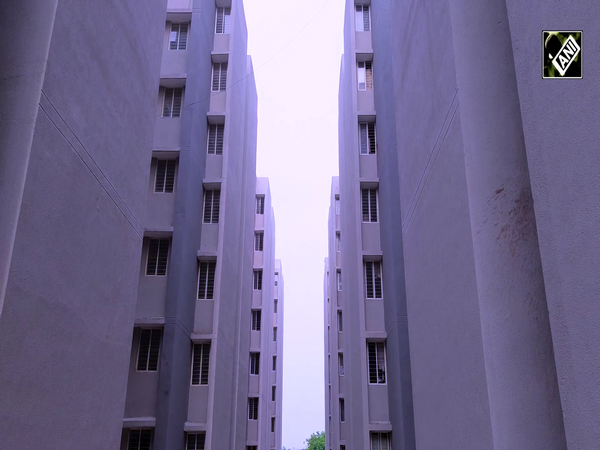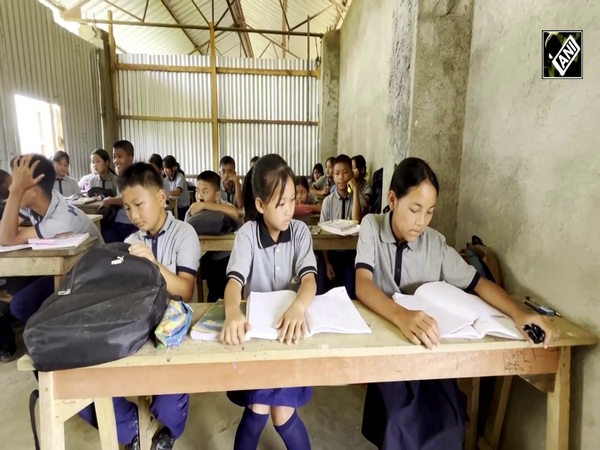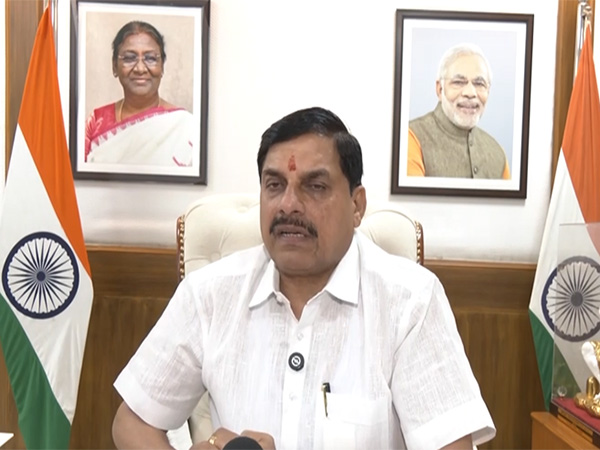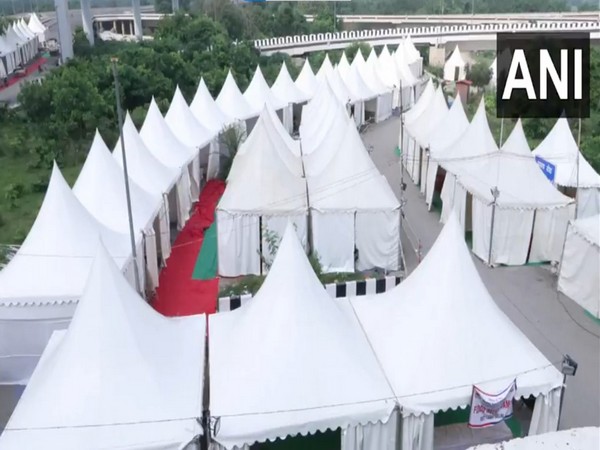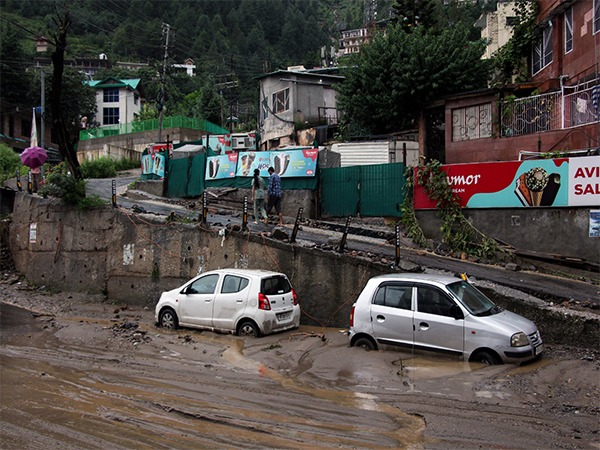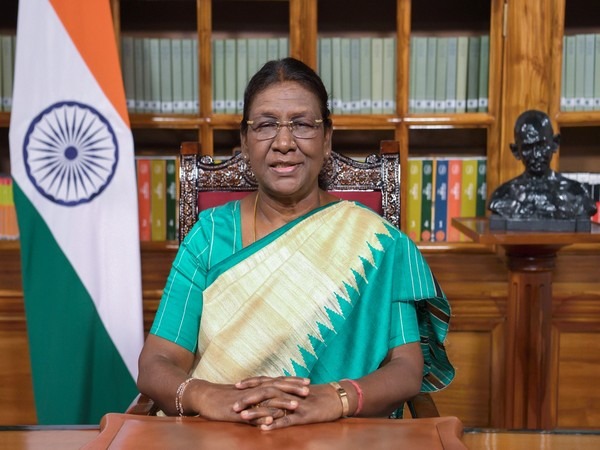
Indian industry expresses anguish over slow pace of ASEAN FTA renegotiation
Jun 23, 2025
By Shailesh Yadav
New Delhi [India], June 24 : Indian industry is growing increasingly frustrated with the extremely slow progress in renegotiating the ASEAN Free Trade Agreement. Government sources reveal that nine rounds of talks since November 2019 have failed to address fundamental concerns about the lopsided nature of the original deal.
Government sources said the sluggish pace of negotiations, originally scheduled to conclude by 2025, has amplified industry anguish over what many consider an unfavourable trade arrangement that has significantly disadvantaged Indian manufacturers and exporters.
"We are reflecting the anguish of Indian industry as the industry is suffering," a senior government source said. "The progress in FTA negotiations has been very slow, and this is causing serious concern across various sectors."
The renegotiation efforts have revealed several structural problems with the original ASEAN FTA that have created lasting disadvantages for Indian industry. Most notably, India opened 71 per cent of its tariff lines under the agreement, while key ASEAN partners offered far less reciprocal access--Indonesia opened only 41 per cent, Vietnam 66.5 per cent, and Thailand 67 per cent.
The prolonged renegotiation process has left Indian industry in a state of uncertainty, with many sectors continuing to face unfair competition while waiting for more balanced terms. The government's acknowledgement of industry anguish signals a commitment to addressing these long-standing grievances, but the slow pace of talks with ASEAN partners suggests that relief may still be some time away.
This asymmetry has raised questions about the original negotiation strategy, particularly given that India had a lower per capita income compared to several ASEAN nations when the deal was signed.
The consequences of these imbalances have become starkly apparent over the 15-year lifespan of the agreement. While India's exports to ASEAN doubled during this period, the trade deficit has ballooned by a staggering $86 billion as imports from the ASEAN bloc tripled, creating an unsustainable trade relationship.
India is now seeking fairer terms in the renegotiation, citing the rising trade deficit, limited export gains, and uneven tariff cuts that have consistently favoured ASEAN partners over Indian exporters.
A major area of concern has been the routing of Chinese goods through ASEAN countries, which has undermined the intended benefits of the FTA for Indian industry. Government sources indicated that concerns are mounting over this practice, along with non-tariff barriers that continue to impede Indian exports to ASEAN markets.
The government has been forced to take corrective measures, including imposing anti-dumping duties for the first time and implementing safeguard duties on 12 per cent of relevant imports to protect the domestic industry from unfair competition.
The steel sector has been particularly affected, with subsidised goods from third countries being dumped in the Indian market until anti-dumping measures were implemented. The government has also cracked down on steel import dumping through safeguard duties, highlighting that the original FTA lacked crucial provisions like a "melt-and-pour" clause that could have prevented such practices.
